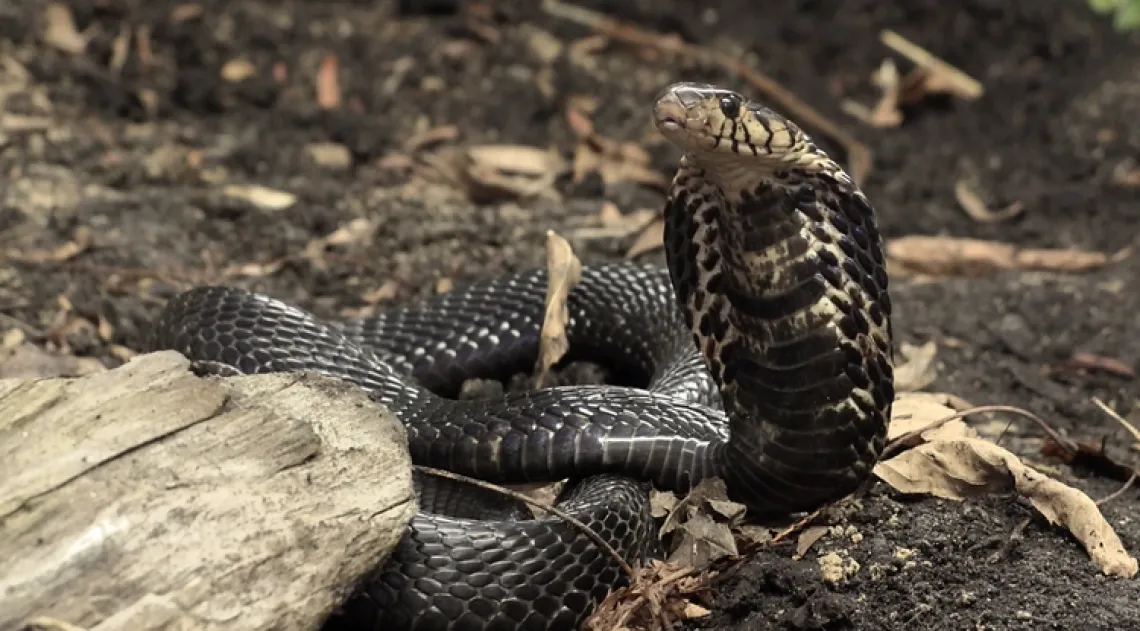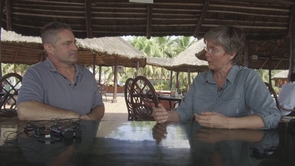UA Supports International Alliance to Fight Antivenom Crisis

In an effort made possible by international collaboration, researchers across three continents are confronting a snakebite crisis in Africa. Venomous snakebites kill an estimated 150,000 people each year, a staggering number that top scientists hope to address by properly educating healthcare workers to use Antivenom.
 The University of Arizona (UA) Viper Institute, the African Society of Venimology, and the Institute of Biotechnology of the National Autonomous University of Mexico (UNAM) are partnering to improve access to quality Antivenoms and necessary training in areas of rural Africa plagued by snakebites.
The University of Arizona (UA) Viper Institute, the African Society of Venimology, and the Institute of Biotechnology of the National Autonomous University of Mexico (UNAM) are partnering to improve access to quality Antivenoms and necessary training in areas of rural Africa plagued by snakebites.
The alliance highlights the UA’s commitment to higher education collaboration throughout the world. The UA Office of Global Initiatives, a long-time partner of UNAM, supports this framework, connecting international students, scholars, and organizations to develop solutions to substantial world problems.
In this case, the three partners are collaborating with Ray Morgan, producer of the acclaimed documentary "The Venom Interviews," which follows U.S. herpetologists involved in Antivenom production and research. With his help, the group is creating a series of training videos with English, French, and Spanish subtitles to educate African healthcare professionals about the appropriate use of Antivenom.
The alliance is also working with government and industry leaders to develop and introduce high-quality, fair-priced Antivenom treatments to sub-Saharan Africa, which faces shortages of safe, effective snakebite treatments. According to Dr. Leslie Boyer, Director of the UA VIPER Institute, ensuring this region has sufficient fair-priced Antivenom would also benefit the United States. "The U.S. needs a legal and affordable way to obtain successful world Antivenoms for the rare cases where our citizens are bitten by snakes from other places," she explained.
Developing these Antivenoms for specific regions depends on excellent collaboration and communication, according to Alejandro Alagón, Professor at the Institute of Biotechnology at UNAM. “We need to know exactly which snake venoms to use, how big a dose is required, and what the pharmacy storage conditions are like. The biotechnology alliance needs to have the best possible information from experts in Africa," he said.
The partners hope the video series— available in the coming year— is a first step in opening these pathways of communication, ultimately saving lives.
Photo, Bottom Right: Filmmaker Ray Morgan (left) and the UA's Dr. Leslie Boyer, in Accra, Ghana, discuss plans for the video series.

